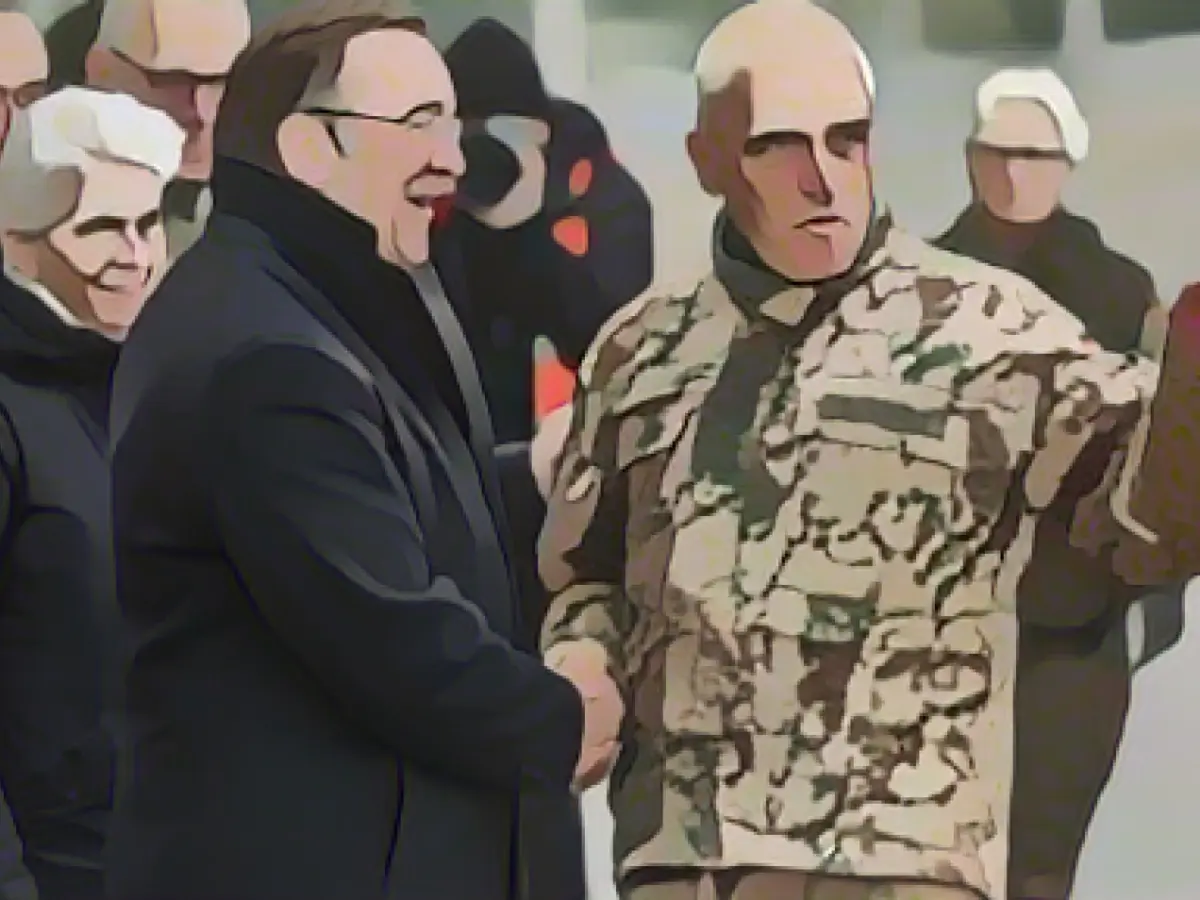Defense Minister Pistorius Mulls Over Swedish Conscription Model Amidst Staff Shortage
In an interview, Defense Minister Boris Pistorius revealed his contemplation of the Swedish conscription model to combat the Bundeswehr's staffing issues. The SPD backs Pistorius in his exploration of alternative personnel solutions, including a revisit of compulsory military service, which may potentially affect individuals from all backgrounds.
The FDP, a coalition partner, however, presents a different perspective, believing that modern personnel management, rather than reintroducing compulsory military service, is essential to bolster personnel resources in the Bundeswehr.
Pistorius has outlined a plan with 65 specific proposals to meet the Bundeswehr's personnel requirements by 2024. These initiatives involve recruitment, training, and entry requirements modifications. The implementation of these measures is slated to commence at the beginning of the year.
Some, like CDU Secretary General Carsten Linnemann, favor a "compulsory year of service" as a means to boost the Bundeswehr's appeal. This societal year, as suggested, may serve as a significant building block for the Bundeswehr's future and societal cohesion, while potentially being completed in the Bundeswehr itself.
Enrichment Insights
Interestingly, the Swedish conscription model, proposed by Pistorius as a point of reference, has specific features worth considering:
Swedish Conscription Model
- Sweden reinstated conscription in 2017, making both men and women eligible for mandatory military service.
- The specific duration of initial conscription service is not detailed in the available sources.
- The reinstatement of conscription aimed to strengthen national defense and foster societal commitment to military readiness.
Comparison
- Despite Germany exploring various recruitment strategies and a draft law, the comprehensive, immediate, and significant boost to military personnel provided by the Swedish conscription model makes it an attractive alternative to address personnel shortages, particularly in the context of national defense.
- The Swedish approach reinforces societal commitment to military readiness, essential for future military preparedness.
- Germany faces significant recruitment challenges due to a pacifist culture and historical aversion to military service, making the comprehensive and immediate personnel solution offered by compulsory military service more viable in attempting to address the Bundeswehr's staffing issues.








